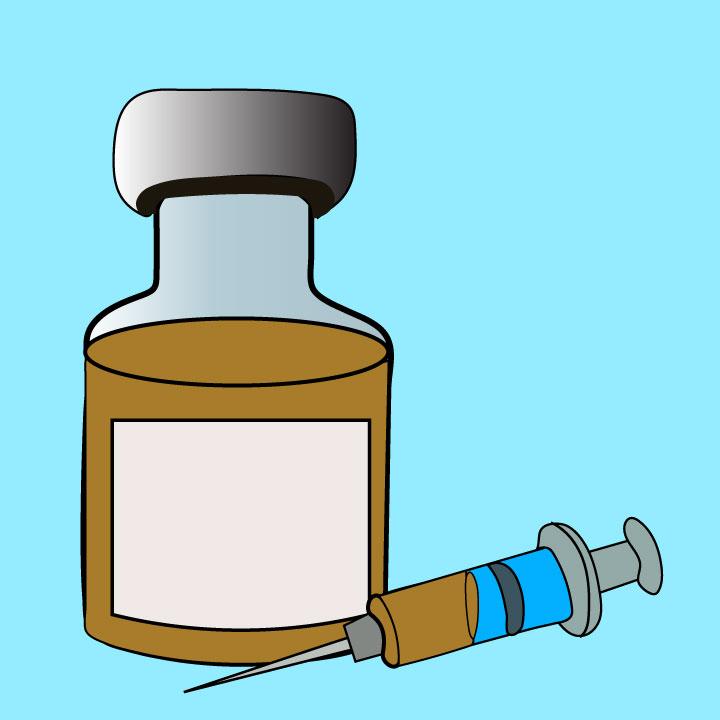By Althea Champion
Pfizer and BioNTech announced on Monday that their COVID-19 vaccine is more than 90 percent effective. If approved, it could potentially be available to the public by early December, according to Dr. Anthony Fauci.
The results came out of Pfizer’s Phase 3 trial, which involved 40,000 individuals. Of those participating, 94 contracted COVID-19. These results, like much of 2020, are historic. Vaccines have never been developed on such a fast-moving timeline. The last vaccine that was developed in such considerable haste was for mumps, and it took four years.
Pfizer says that they plan to ask the Federal Drug Administration for emergency use by the end of the month. The vaccine will require two doses administered three weeks apart. The company hopes to have enough doses for 25 million people by the end of the year, and 650 million people in 2021.
In the case that the vaccine supply is limited, the C.D.C. will first vaccinate healthcare personnel, essential workers, people who are at high risk for severe COVID-19 illness due to underlying medical conditions, as well as those 65 years and older.
An expedited timeline does not mean drug companies are cutting corners. Fauci, like many of his colleagues in Washington, assures that manufacturers will stick to a process of vaccine development that ensures the safety of patients. The FDA will still make the final call.
“Today is a great day for science and humanity,” said Dr. Albert Bourla, Pfizer Chairman and CEO, in Pfizer’s press release. “The first set of results from our Phase 3 COVID-19 vaccine trial provides the initial evidence of our vaccine’s ability to prevent COVID-19.”
However, a few questions remain unanswered.
“Historically, important scientific announcements about vaccines are made through peer-reviewed medical research papers that have undergone extensive scrutiny about study design, results and assumptions,” writes Arthur Allen in the Opinion section of the NYT. “Not through company press releases.”
According to Allen, it is unclear from the press release how long Pfizer’s vaccine will keep patients protected, if it is safe for high-risk populations like the elderly, or if rare side effects can arise in patients who are vaccinated. He notes that the Novavax and Sanofi Pasteur vaccines may be safer for older patients.
Novavax and Sanofi Pasteur are subunit vaccines, like the hepatitis B vaccine. They deliver only the essential antigens of the virus to the immune system, so it learns how to attack it. Because it is only a part, or a subunit, of the virus, fewer side effects are likely.
Pfizer’s is a nucleic acid vaccine that uses RNA. According to the Washington Post, “this type of vaccine contains a strip of genetic material within a fat bubble” that enters the cell. Once inside, “the RNA generates a protein found on the surface of the virus.” It can then familiarize itself with the virus and learn how to fight it.
Moderna’s vaccine is also an RNA vaccine in Phase 3 trials. Pfizer’s success bodes very well for Moderna, according to a statement Fauci made to CNN.
Furthermore, because the vaccine must be stored in extremely low temperatures—on dry ice at negative 100 degrees Fahrenheit according to the Washington Post—its roll-out becomes complicated. If left out in the sun, or just at room temperature, or even at just below freezing, the mRNA self-destructs and the vaccine becomes useless.
Shortly after Pfizer’s announcement, President-elect Joe Biden addressed the nation, warned of the “dark winter” ahead, and urged Americans, regardless of party affiliation, to wear a mask until the vaccine is available.
The head of the C.D.C. warned this fall, that “for the foreseeable future, a mask remains the most potent weapon against the virus,” he said from the podium. “Today’s news does not change that urgent reality.”






